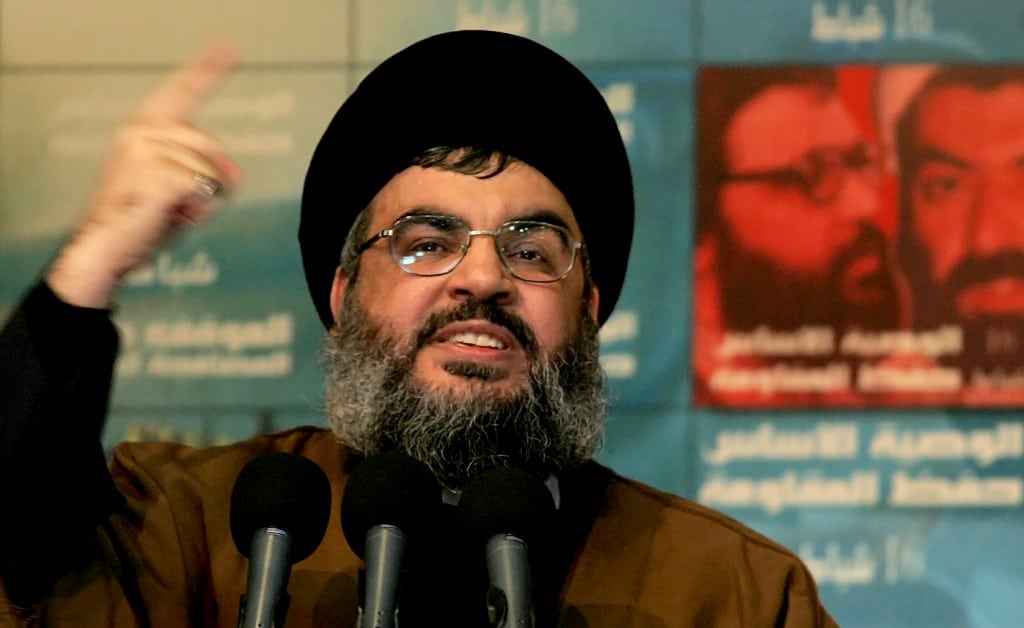
Introduction
Hezbollah strongly denies any role in the killing of Rafiq Hariri, stating that Lebanon’s telecommunications networks are highly infiltrated – whether by rival domestic political parties or by foreign entities.
A 2011 Rand Report commissioned by the US Air Force confirmed that in the six years following its 2000 withdrawal from Lebanon, Israel was actively tracking Hezbollah’s cellular footprints: ‘Among other things, those organizations (Mossad and AMAN) carefully tracked various Hezbollah leaders by their given names, noms de guerre, addresses, cellular telephone numbers and radio call signs.’
Moreover, as recently as last October 2011, the General Assembly of the world’s leading industry standards organization, the 124-nation International Telecommunications Union (ITU), issued a statement condemning past and present acts of ‘piracy, interference and interruption, and sedition by Israel against Lebanon’s fixed and cellular telephone networks’.
In July of 2010, Charbil Qazzi and Tariq al-Rabaa, two high-ranking employees at Lebanon’s major telecommunications network Alpha, were arrested and charged with spying for Israel. In August 2010, as a counter offensive to the Special Tribunal for Lebanon’s leaked indictment, Hezbollah leader Nasrallah held a public deposition indicting Israel in the killing of Hariri.
In addition to exposing the infiltration of Lebanon’s phone networks, Nasrallah placed Ghassan al-Jidd, another alleged Israeli spy and former Lebanese army officer, at the crime scene shortly before the crime took place. Nasrallah also showed video footage that confirmed Israeli aerial surveillance of Hariri’s car convoys in the years preceding the attack. He then called on the tribunal to take this circumstantial evidence into account, something the latter has apparently avoided.
Unresolved issues
The STL indictment of four (later five) members of Hezbollah has led to internal strife and factional polarization within the country. Nevertheless, Najib Mikati, Lebanon’s Prime Minister, decided in December 2011, under pressure of the United States, to transfer its share of funding to the court, which led to even more division in Lebanon.
The STL has no executive arm to implement its decisions and is in this respect entirely dependent on Lebanese authorities. The tribunal can merely pass on its arrest warrants to the state prosecutor. Should a 30-day period pass without result, all the tribunal can do is disclose the names of the accused and turn them into international pariahs or ultimately sentence them in absentia.

